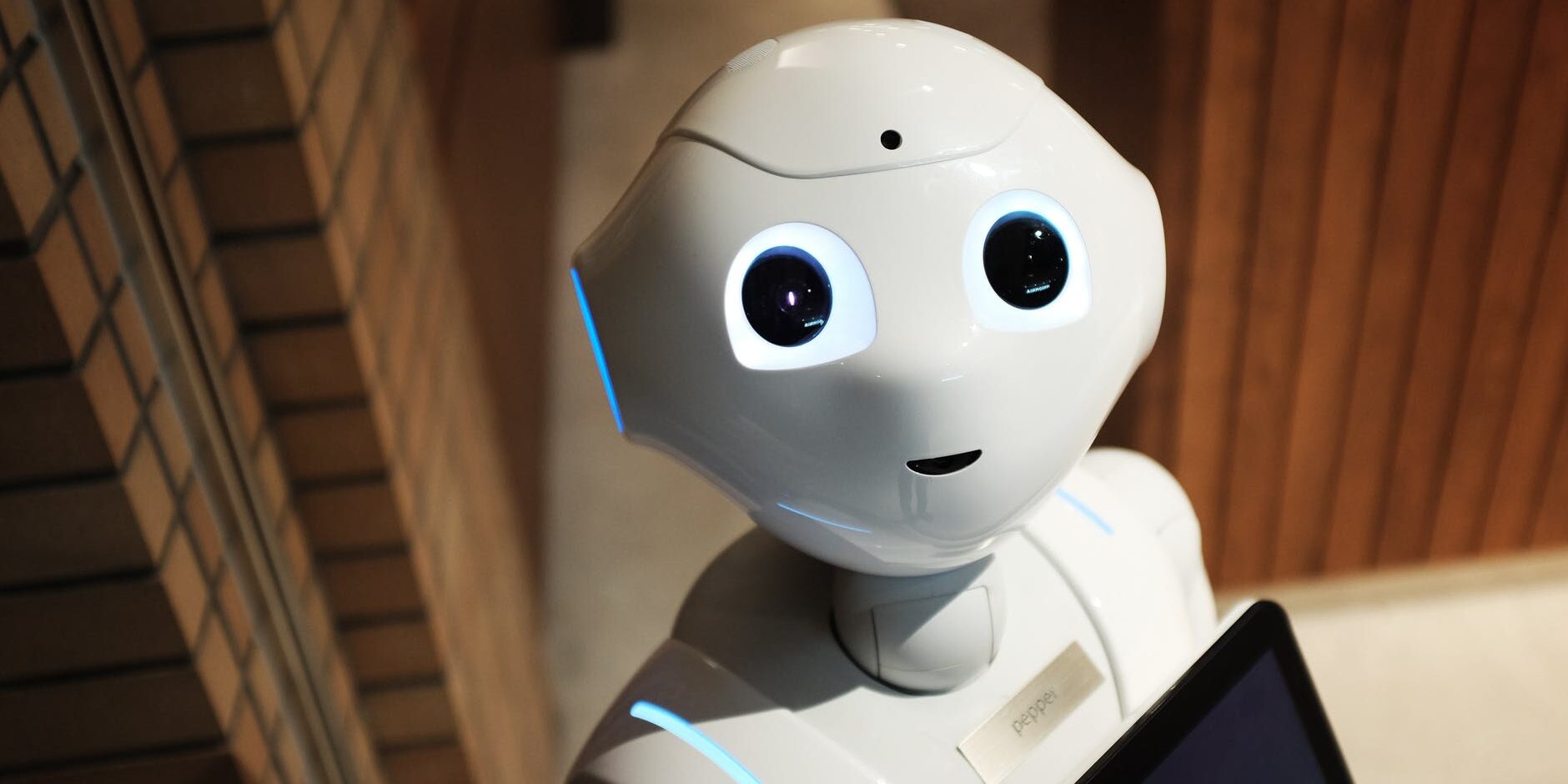INTRODUCTION TO TECHNOLOGICAL ADVANCEMENTS
Technology is rapidly growing in every field. In the business world, if an organization is behind in technology, then it is backward in profit. Be it advertising, marketing, financing, or managing human resources. The advancements come handy.
All types of organizations are fascinated with new technologies such as:
- Business intelligence
- Cloud computing
- Digital marketing
- Internet of Things (IoT)
- Programmatic advertising
- Search engine marketing (SEM/SEO)
Technologies have evolved in healthcare as well. One favored technology in healthcare is 3D printing. 3D printing can manufacture customizable human body parts and organs. It is called Bioprinting. For now, this is just experimental. But there is potential.
The breakthrough will address the shortage of organ donors. Implanting 3D printed organs may seem unreal. But Prellis Biologics can assure that it is a real possibility soon. As part of the MBC Biologic incubator, the small team has made viable steps toward 3D printing hearts, livers, kidneys, and lungs.
AI IN HEALTHCARE
Artificial intelligence is the use of complex algorithms and software. In healthcare, AI emulates human cognition in the analysis of complex medical data. Also, AI can estimate the conclusions with no direct human input.
AI technology is different from traditional methods. AI uses machine learning algorithms and deep learning. You need to check the algorithms repeatedly to avoid errors. AI is capable of getting information, process it, and provide accurate outputs. Also, the algorithms notice patterns in behavior. It helps to create their logic.
The main goal of AI in healthcare is to analyze the relationship between treatment techniques and outcomes of patients. AI is developing in healthcare. People apply it to different medical processes, such as:
- Diagnosis processes
- Treatment protocol development
- Drug development
- Personalized medicine
- Patient monitoring and care
APPLICATIONS OF AI IN HEALTHCARE
AI is an immense invention in technology. Mostly, people use it to analyze large amounts of medical data. But AI is not used like software only. There are many applications of AI in healthcare.
| Applications | Key drivers for adoption | Potential annual value by 2026 (In billions, USD) (Source: Accenture report) |
| Robot-assisted surgery | Technological advances in robotic solutions for more types of surgery | 40 |
| Virtual nursing assistants | Increasing pressure caused by medical labor shortage | 20 |
| Administrative workflow | Easier integration with existing technology infrastructure | 18 |
| Fraud detection | Need to address increasingly complex service and payment fraud attempts | 17 |
| Dosage error reduction | Prevalence of medical errors, which leads to tangible penalties | 16 |
| Connected machines | Proliferation of connected machines or devices | 14 |
| Clinical trial participation | Patent cliff; plethora of data; outcomes-driven approach | 13 |
| Preliminary diagnosis | Interoperability or data architecture to enhance accuracy | 5 |
| Automated image diagnosis | Storage capacity and greater trust in AI technology | 3 |
| Cybersecurity | Increase in breaches and pressure to protect health data | 2 |
AI BENEFITS IN HEALTHCARE
Both health service givers and takers can benefit from AI. Some advantages of AI are:
- Clinical health data
Medical data come in billions per day. So, it can be overwhelming for clinicians. AI solves this problem. The smart algorithms of AI read and analyze the data for both clinicians and patients. Also, AI provides insights by noticing behavior patterns. An example of it is Medtronics’ Continuous Glucose Monitoring device (CGM).
- Optimize doctor’s work and reduce costs for medical treatment
AI is automated. It can multitask as well. Hence, it will drive the cost down. Moreover, AI can suggest new treatments. It increases efficiency too.
- AI avoids human errors.
Humans are likely to make mistakes. Even the smallest error can result in huge problems. With the use of AI, you can mitigate such troubles.
The AI market in healthcare is also booming. The following table shows the revenue from AI in healthcare.
| Year | Revenue in U.S. dollars from AI in healthcare worldwide (Source: Statista) |
| 2013 | 507 millions |
| 2014 | 633.8 millions |
| 2015 | 811.1 millions |
| 2016 | 1065.1 millions |
| 2017 | 1438.4 millions |
| 2018 | 2002.7 millions |
| 2019 | 2882 millions |
| 2020 | 4298.2 millions |
| 2021 | 6662.2 millions |







